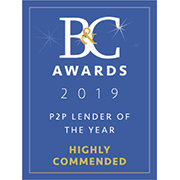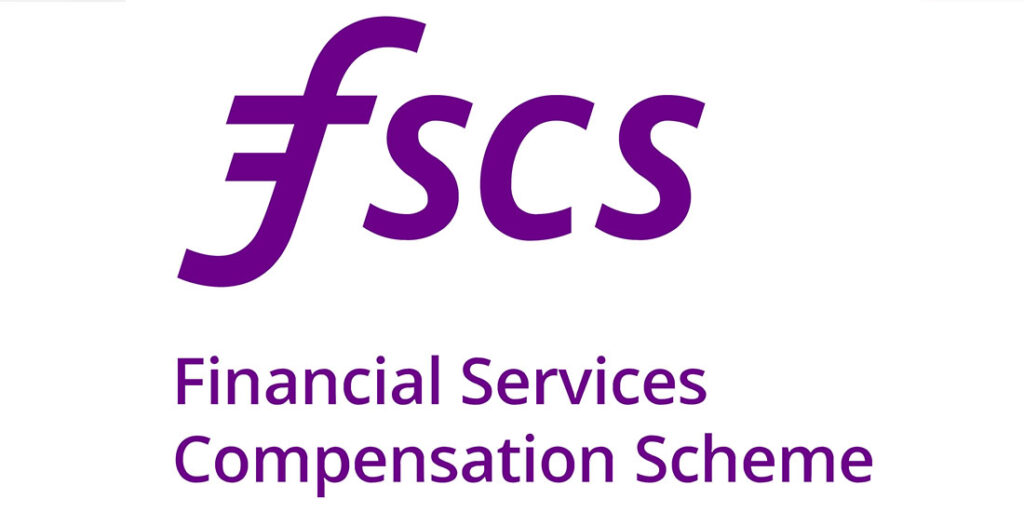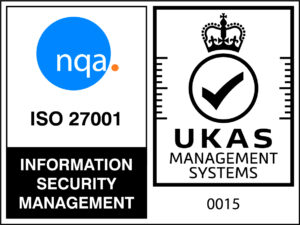
Why is ESG important? Why should companies and investors care?
Do you ever think about why certain investments perform better than others? Why do some start-ups seem to always perform efficiently and stand out of the crowd? The answer to these questions consists of three letters: ESG. Whether you are a small or big company or an investor, the Environmental, Social and Governance reporting and investing is a framework that helps you screen investments and stay up to speed with the market.
It means that ESG not only is a framework where investors and financial institutions need to report: but it also considers the impact of a company on its customers, employees and the community. Now you may wonder why there is a need for a framework like ESG. Simply because in natural disasters like Coronavirus or climate change we have realised that we are stewards of nature rather than the master of our planet. In the light of these events, ESG has become more active: companies are responsible for accomplishing positive climate action to build a resilient and sustainable future.
What Is ESG?
By definition, ESG is a framework that reports about the impact of a company on three areas: environment, social and corporate sectors. We can say that ESG is a term that covers a broad number of responsible and sustainable financial components. It is a framework that urges companies and investors to consider environmental, social and governance factors while making investment decisions. Moreover, it also assesses which company performs on each factor E, S & G and decides if it is a sustainable investment.
The Environmental In ESG
The E in ESG represents the environmental factor and it determines how the activities of a company impact the environment and what action a company is taking to manage environmental risks. These actions can include direct operation or the supply chain. For example, use of energy, natural resource conservation, treatment of animals and greenhouse emission.
The Social In ESG
The social (S) in ESG is a criterion that looks into the business relationships of a company. It includes the strengths and weaknesses of a company and how it makes and manages the relationship with its customers, employees, suppliers and the community. For example, these criteria include health and safety of employees, working conditions, employee relations, working conditions and diversity.
The Governance In ESG
The Governance (G) in ESG deals with the leadership, executive pay, internal controls, stakeholders rights and audits of a company. Investors may want to know if they can trust the company and whether the company is using transparent and accurate accounting methods. It can also include gender equity, political contribution, corruption and bribery.
Investors should keep in mind that not all companies can pass every test in each category, so investors should do the research and decide what is important for them.
Why we should care: The importance of ESG for companies and investors
The ESG investing practice started in the 1960s and evolved from socially responsible investing (SRI), which eliminated stocks and the whole industry from investments related to business operations like guns, tobacco and entities from the prohibited regions. Now, most investors have awareness about ESG factors and they incorporate these into the investment process. As a result, ESG is evolving and growing at a fast pace.
In addition, the European regulatory authorities are emphasising the implementation of ESG in financial and other sectors. The ESG factors are pushed into Europe because it is a framework that not only ensures the implementation of a sustainable economy but also supports the green deal.
Implement ESG to create value?
European investors have contributed €120 billion into sustainable investment options since 2019. This shows that something interesting is stirring. Investors and Venture Capitalists are highly interested in how start-ups are getting into sustainable finance and scoring on the ESG practices and policies. There is a lot of pressure to implement ESG now for example, if you want to start a new business and are looking for funds, investors very much now look at ESG to see what companies are doing.
It has been seen that the companies that implement ESG practices have better financial growth and optimisation, excellent productivity, lower volatility, lower legal and regulatory interventions, cost reduction and top-line growth. In contrast, the companies having poor performance on ESG noticed a high capital cost and high volatility due to several incidents such as fraud accounting, governance irregularities and labour strikes. So you must implement ESG factors in your company if you do not want to be left behind.
Is ESG inevitable?
Over time there is an increase in the awareness of ESG factors and chances are that they will become mandatory or compulsory. The companies who want to stay ahead of the competition and want to get the benefits of ESG must implement this framework into their company processes. In other perspectives, the companies that do not comply with the social or environmental factors may find it challenging to deal with the legal or regulatory issues at later stages.
What is the best course of action?
The best course of action is to follow the procedures that demonstrate ESG and sustainability. You can start it at any time and it is not difficult to integrate ESG from the start. If you start it now you can contribute to the generation of businesses that are more concerned about the welfare and health of their community and can impact in a positive way.
Why should we care about ESG?
We believe that the implementation of ESG helps investors to earn risk-adjusted returns by creating investment value and lowering investment risks. Thus a responsible company that cares about its customers, people and environment is always likely to demonstrate a higher level of resilience than the one that does not.
ESG analysis provides a detailed insight into factors that can affect the financial metrics of a company and help investors in making informed decisions.
Interested in further comment? Our Head of Operations, Laura Hetherington, was interviewed recently by P2PFN on the ESG focus for 2022. Read more about it here.













